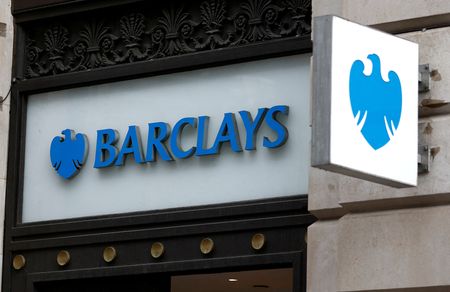By Anastasiia Kozlova
(Reuters) -German chemicals group Evonik Industries reported a quarterly profit drop on Friday and narrowed its full-year guidance on subdued demand and a challenging market environment.
The group now expects adjusted EBITDA for 2025 at the lower end of a 2 billion euro to 2.3 billion euro ($2.28 billion to $2.63 billion) forecast, provided the global economy does not weaken further.
Analysts’ median forecast for 2025 core profit stands at 2.02 billion euros, according to Vara Research.
While a further deterioration in the second half of the year appears unlikely given the already subdued demand and a potential boost from recently announced trade deals, the softer-than-expected second-quarter performance has increased the risk of missing the full-year guidance, said Thomas Schulte-Vorwick, an analyst from Metzler.
The group posted a 12% drop in second-quarter adjusted EBITDA to 509 million euros, slightly below analysts’ 511 million euro forecast, as per a Vara Research poll.
Its sales fell 11% year-on-year to 3.5 billion euros, hurt by currency headwinds and the divestment of its superabsorbents business, which was sold to ICIG last September.
The planned divestment of the superabsorbents unit weighed on results as expected, while weaker sales were mainly driven by lower volumes and a stronger euro, Thomas Schulte-Vorwick said.
Shares in Evonik fell around 3% at 0807 GMT to their lowest since April.
The German chemicals sector, the country’s third-largest, has been struggling for years with subdued demand, high energy costs, supply chain issues and an economic slowdown. The threat of U.S. tariffs has added to the pressure.
This has dampened industry sentiment, with German chemicals lobby VCI not expecting a recovery before 2026 despite signs that the downturn in the chemical-pharmaceuticals sector may have bottomed out.
Adding to the pessimism, major players including BASF, Covestro and Brenntag have cut their annual forecasts, citing persistent global economic weakness, subdued demand, and tariff-related pressures, with no clear signs of near-term improvement.
($1 = 0.8760 euros)
(Reporting by Anastasiia Kozlova; editing by Sonia Cheema and Mrigank Dhaniwala)











